The Dose Makes the Poison – Why the Right Amount of Perfume Matters
Introduction: The Fine Line Between Delight and Overload
Perfume can be an invisible accessory that underlines your personality and enhances your wellbeing. But the old saying "The dose makes the poison" applies here too: the amount you apply determines whether a scent is perceived as pleasant or overpowering. In the world of niche fragrances – where boldness and intensity are often the concept – a sense of balance is essential. This article explores why mindful application is crucial, the side effects of overuse, and why some fine dining restaurants now even ban perfume altogether. We weigh pros and cons and offer dosing recommendations, cross-cultural insights and expert perspectives – so your scent becomes a pleasure, not a problem.

For the Wearer: Sensory Overload, Skin Irritation, and Olfactory Fatigue
Overapplying perfume can backfire – even for the person wearing it. Our sense of smell quickly adapts to continuous exposure. This natural mechanism, called olfactory fatigue, causes us to stop detecting a scent after a while. The danger? You no longer smell yourself and feel tempted to reapply, unknowingly creating an overpowering cloud that others can’t escape.
Too much fragrance can also irritate the skin. Many perfumes contain alcohol and allergenic ingredients that, in excess, may cause dryness or inflammation. Dermatological studies show that a significant portion of the population experiences negative reactions to fragranced products. Allergies to certain components are common, manifesting as redness, itching or even eczema.
Beyond skin and smell, intense perfume can dull your perception of other scents. A recent study found that subjects exposed to strong fragrances struggled to detect subtle aromas in their environment. Whether it’s the aroma of a fine meal or the freshness of open air – too much perfume can build a scent barrier that isolates you from sensory richness.

Impact on Others: Scent Clouds, Headaches, and Allergies
Fragrance doesn’t stop with the wearer. What smells pleasant to one person may overwhelm another. Heavy-handed application can leave behind a dense scent trail that lingers in rooms and public spaces. In fact, over 30% of participants in a U.S. survey reported that they found other people’s fragrance use disturbing.
This is especially true in closed environments – offices, public transport, elevators. That’s why “fragrance-free policies” have already been implemented in many North American workplaces. The trend is catching on globally – especially when it comes to powerful unisex perfumes and concentrated extrait de parfum.
Health implications go beyond annoyance. People with migraines frequently cite strong perfume as a trigger. Over half of migraine sufferers in one study named fragrance as a primary cause. Others report nausea, dizziness, or even respiratory symptoms – especially those with asthma or fragrance sensitivity.
Allergic or pseudoallergic reactions to perfume ingredients can result in eye irritation, sneezing, rashes or breathing difficulties. While only a small percentage have true fragrance allergies, many are still sensitive. In Germany, about 11% of people are estimated to react negatively to at least one perfume ingredient.
Respecting those around you means applying your fragrance with care. What seems subtle to you might feel suffocating to someone nearby. Choosing long-lasting perfumes with restraint shows style – and empathy.

Fragrance Bans in Fine Dining: Considerate or Controlling?
Given the above, it’s no surprise that high-end venues are starting to limit perfume use. One recent example: Sushi Kanesaka in London, which asks diners to forgo fragrance entirely so it won’t interfere with delicate flavors. With the nose accounting for up to 80% of taste perception, a heavy oud or patchouli perfume can overpower even the finest ingredients.
Berlin-based chef The Duc Ngo made headlines for publicly discouraging perfume at his seafood restaurant. Guests and staff alike should enjoy the culinary experience undisturbed. His policy sparked debate – some saw it as restrictive, others as a necessary courtesy.
Critics called such rules elitist or outdated. Supporters praised the awareness. Ultimately, fragrance etiquette is about balancing personal expression with shared sensory space. And today, these expectations apply equally to all genders – not just women, as was once the norm in older dining etiquette.
Whether at wine tastings, concerts or gourmet events: fewer distractions lead to deeper experiences. Subtlety becomes a sign of sophistication.
Pros: When a Stronger Scent Can Be Just Right
Despite the risks, there are moments when a stronger application of perfume makes perfect sense. Outdoors or in large, well-ventilated areas, fragrance dissipates more quickly – requiring a bolder dose to remain perceptible. Weddings in gardens, rooftop parties, or open-air celebrations may benefit from a fuller projection.
In louder environments, like clubs or events with many people, light perfumes easily get lost. That’s when a more concentrated long-lasting scent can help maintain presence.
Layering is another reason to apply more thoughtfully. When combining scented body products with your perfume – or layering multiple compatible fragrances – the result can be rich and personal without becoming excessive. In the Middle East, fragrance layering is a deeply rooted tradition, often involving oils, sprays, and incense.
And don’t forget the psychological aspect: wearing a perfume you love – even in a more generous dose – can boost confidence and leave a lasting impression. Whether you're dressing for a romantic dinner or a black-tie evening, a powerful oriental fragrance might be part of the look.

Cons: When Too Much Is Simply Too Much
However, many everyday situations require caution. Confined spaces – elevators, open-plan offices, public transport – amplify scents quickly. Even a single extra spritz can turn into an intrusion. In such environments, minimalism is both elegant and respectful.
Medical sensitivities also matter: asthma, migraines, allergies – even a mild intolerance can be triggered by strong perfume. One person’s signature scent could be another’s source of discomfort.
Ultimately, it's about boundaries. A perfume should never dominate a room or cause someone to leave. What lingers as your sillage should invite, not overwhelm. A well-balanced unisex perfume will often deliver more with less.

Dosing Guidelines: Finding the Right Balance
Not all perfumes are created equal – nor should they be applied equally. Here’s a basic guide:
- Eau de Cologne: 4–5 sprays
- Eau de Toilette: 3–4 sprays
- Eau de Parfum: 2–3 sprays
- Extrait de Parfum: 1 spray or a drop applied to pulse points
Apply fragrance to warm areas like the neck, wrists, or behind the ears. Avoid over-applying to clothes – fabric can trap and amplify scent for hours. If you're layering, reduce the amount per product. Two subtle sprays can combine into a luxurious signature without overpowering.
Perfume Cultures Around the World
In Europe, fragrance tends to be discreet – particularly in northern countries like Germany or Scandinavia. Southern regions like France or Italy embrace bolder scents but still favor elegance over intensity in daily settings.
In the Middle East, fragrance is embedded in daily rituals. Strong, resinous, oud-based perfumes and incense like bakhoor are part of hospitality and self-care. Here, a noticeable scent is considered respectful and refined.
In Japan, restraint reigns supreme. Strong perfume is often considered intrusive. Many workplaces even discourage its use entirely. The ideal? Smelling clean, not scented. This cultural contrast shows: perfume etiquette is local, not universal.

Conclusion: Speak with Scent – Don’t Shout
Perfume is art, identity, and memory – but also communication. Like any language, it must be used thoughtfully. A good fragrance doesn’t shout across a room. It whispers to those close by, inviting them to come closer.
Choose niche fragrances that express who you are – and apply them with care. Often, a small amount lets a high-quality composition shine. In scent, as in style, balance is the key to elegance.
Discover fragrances that say more with less – now at scent amor.
Copyright by scent amor © 2025 (grw)
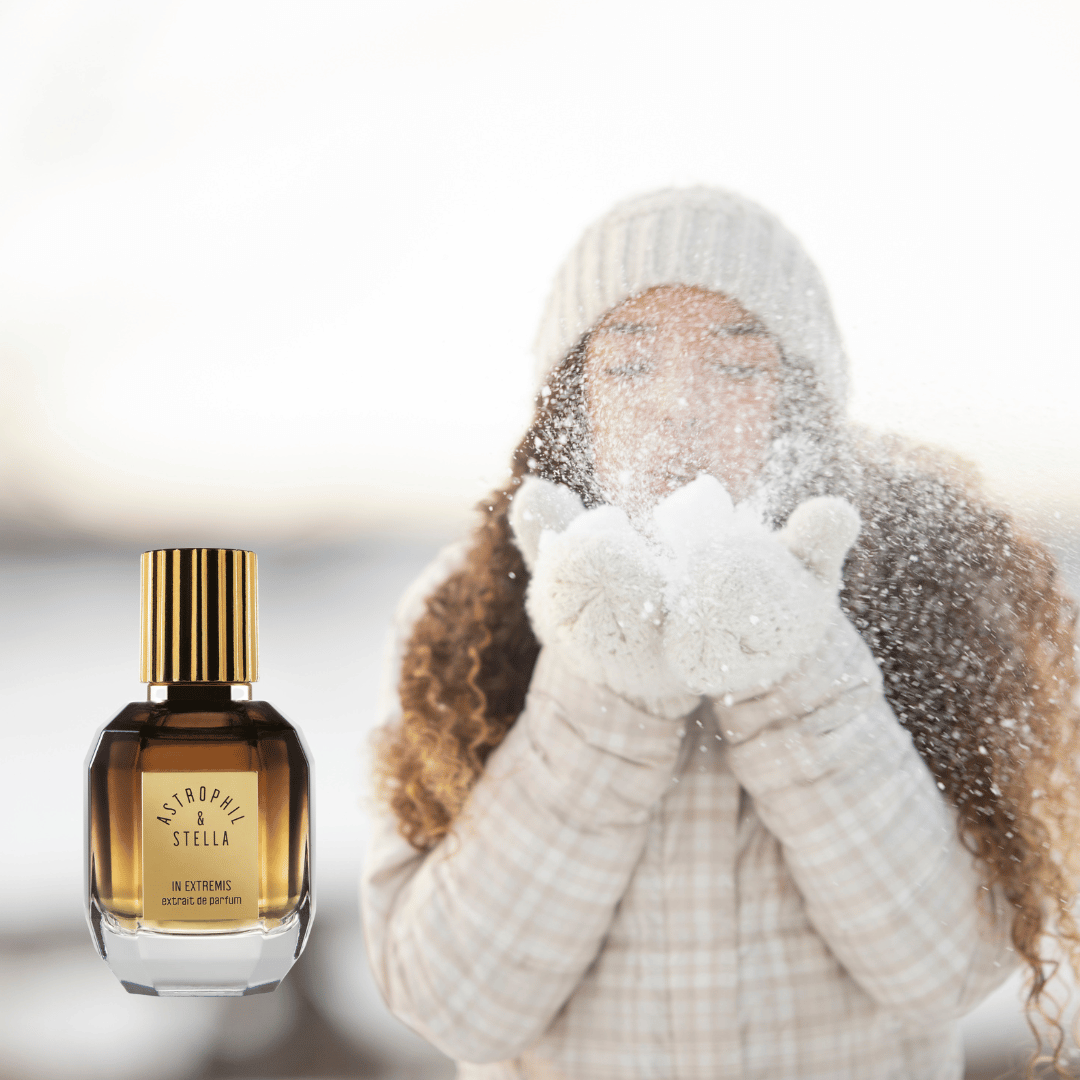
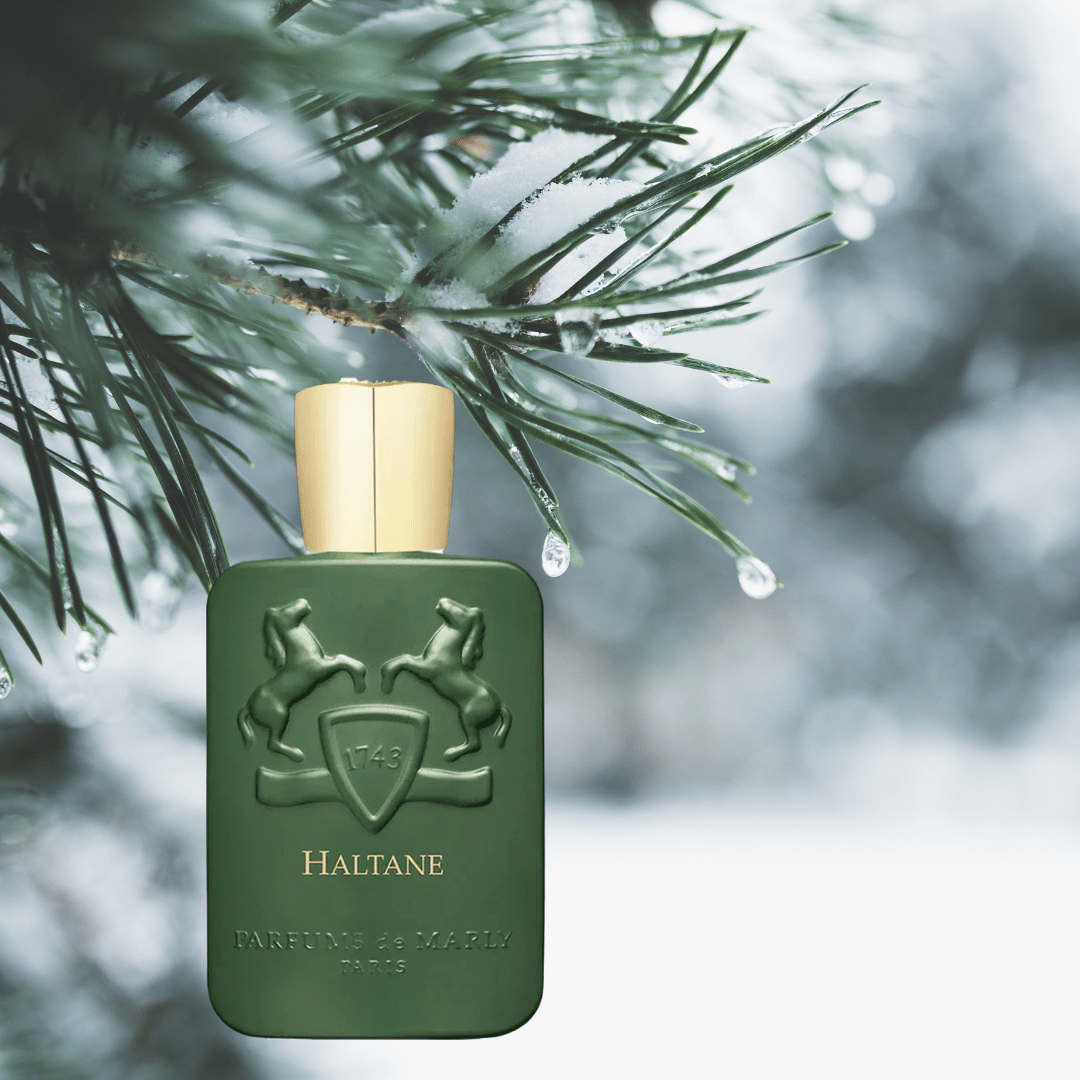



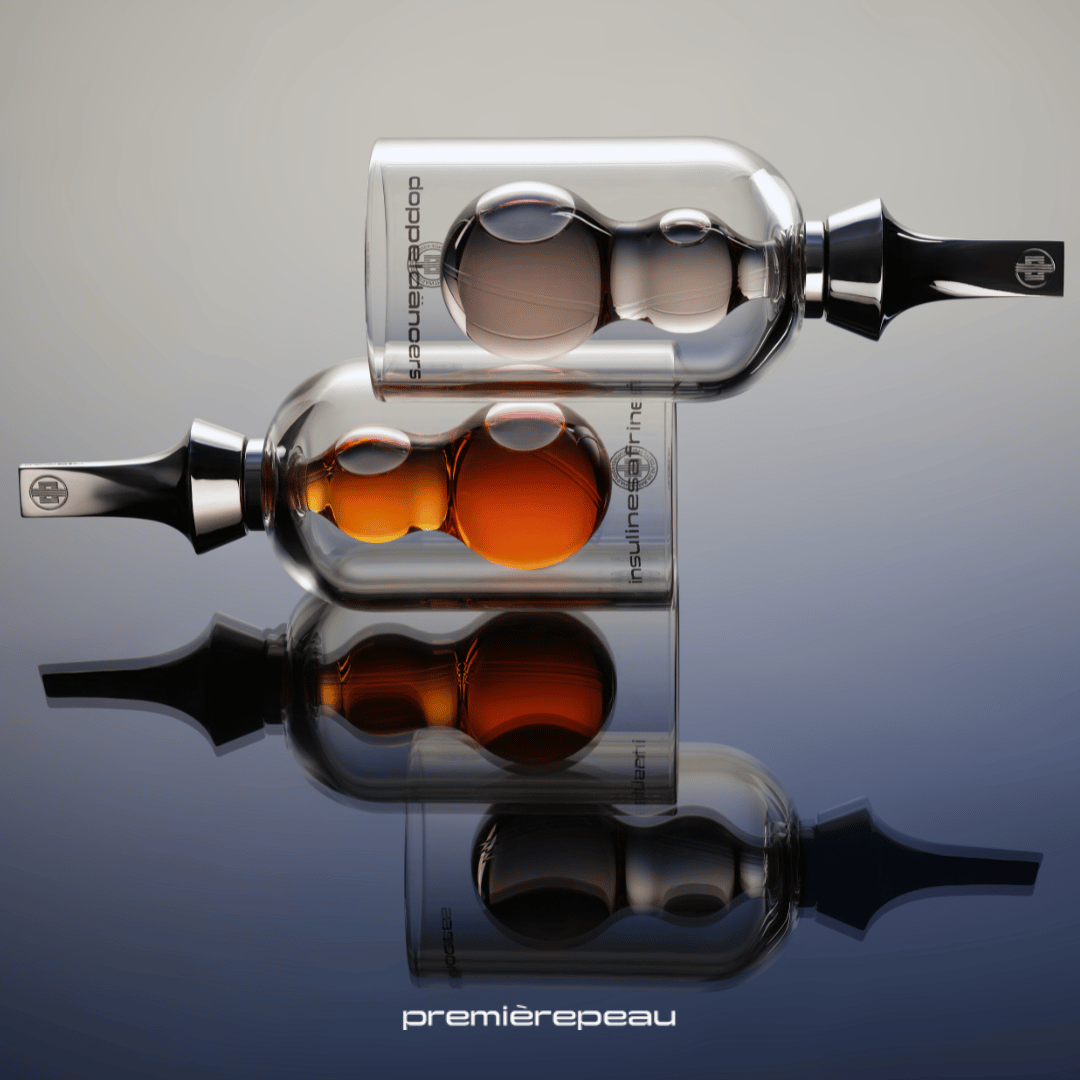
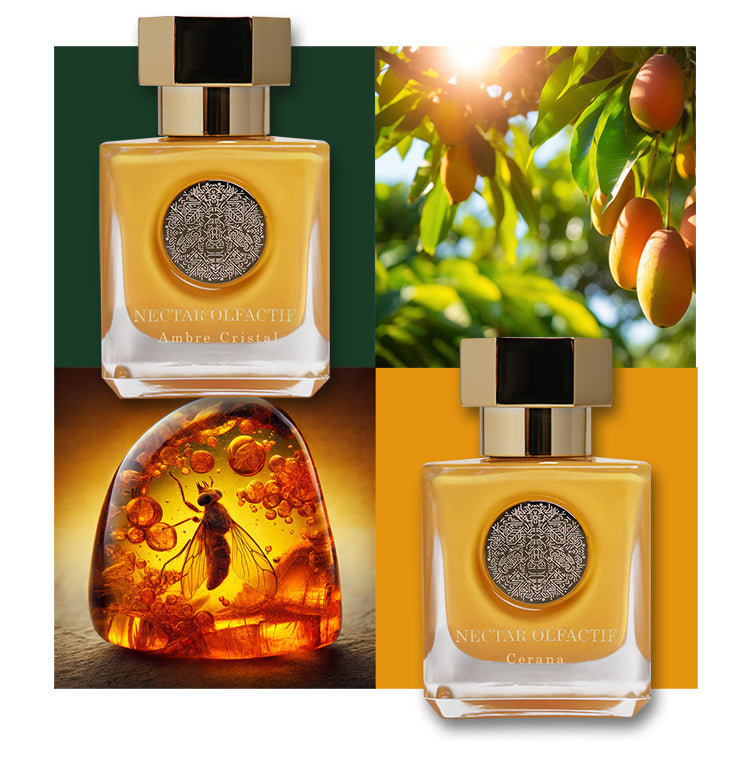
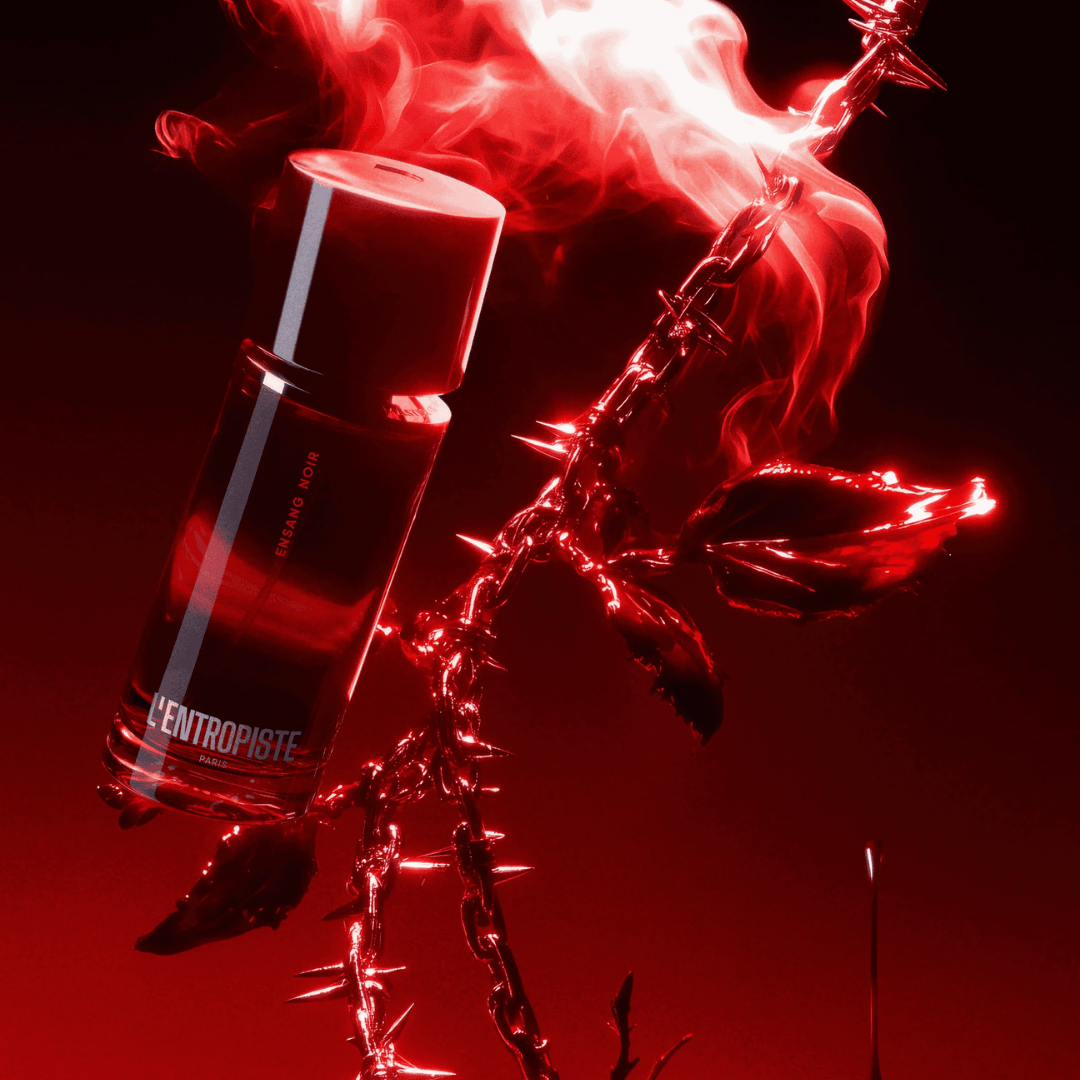
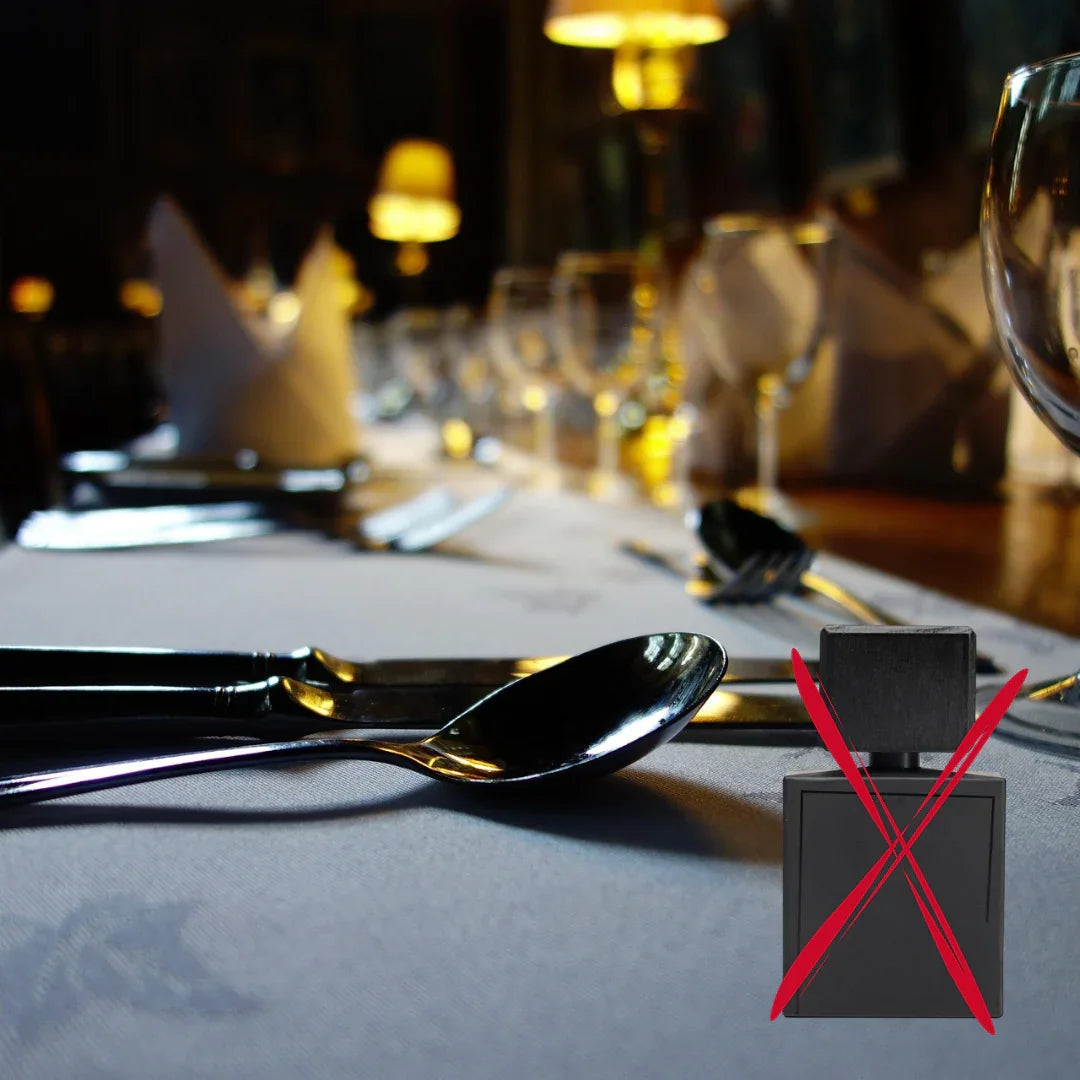


Leave a comment
All comments are moderated before being published.